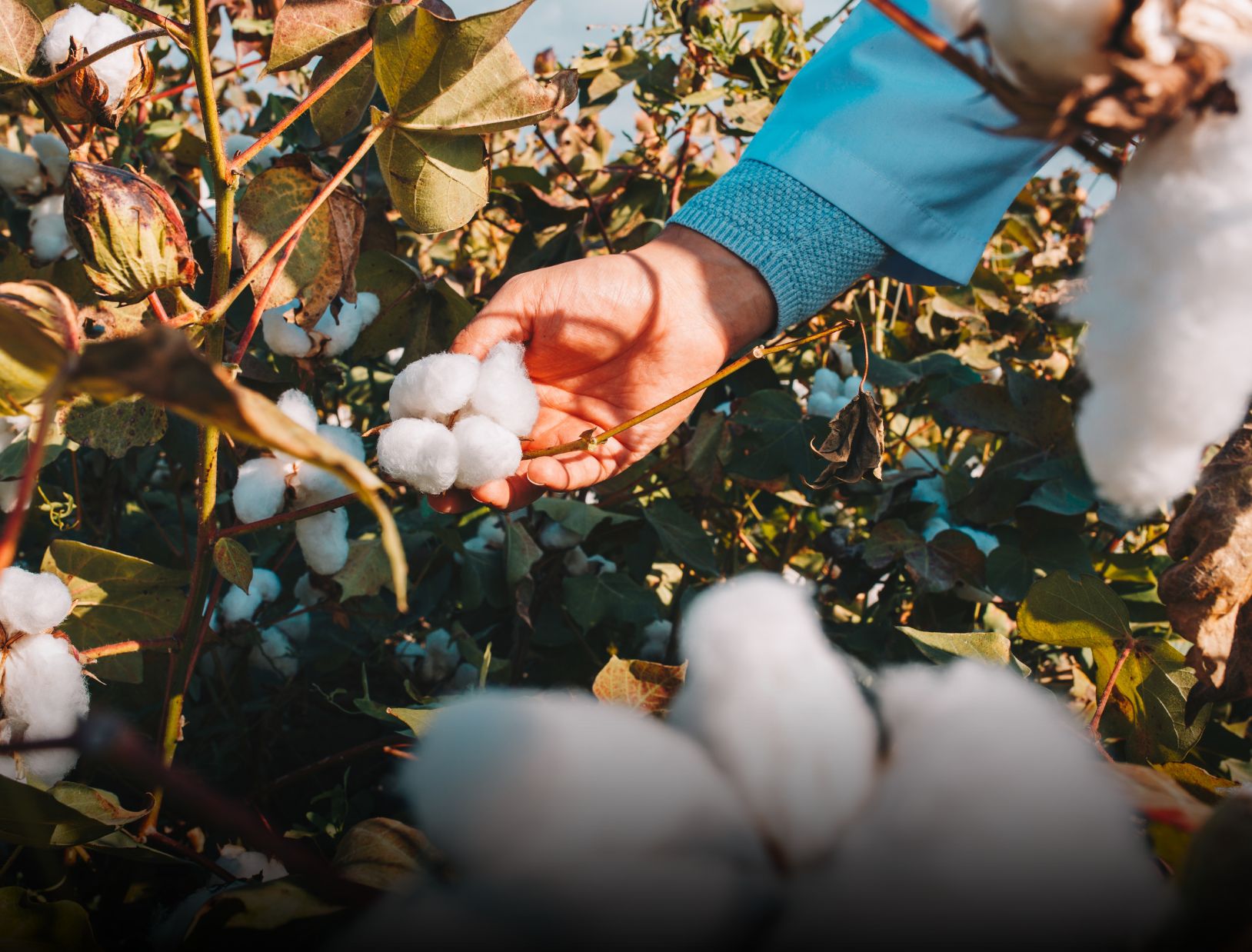Writer

Best African Cattle Breeds for Milk Production
Africa boasts a rich diversity of cattle breeds, many of which have been honed over centuries to thrive in the continent’s varied climatic and ecological conditions. While some breeds are primarily known for their beef qualities, others have been selectively bred for milk production. Let’s explore some of the most prominent African cattle breeds renowned for their dairy prowess.
Indigenous African Dairy Breeds
These breeds have adapted to the harsh African environment, developing traits that enable them to thrive in challenging conditions.
- Red Poll: Though originating from the British Isles, the Red Poll has been successfully adapted to African conditions. Known for its dual-purpose abilities, it produces milk with acceptable levels of butterfat and protein.
- Africander: Primarily a beef breed, the Africander can also produce milk, especially in favorable conditions. Its adaptability to harsh environments makes it a resilient choice for some regions.
- N'Dama: Found in West Africa, the N'Dama is renowned for its heat tolerance and disease resistance. While primarily a beef breed, it can produce milk under suitable management practices.
- Mbororo: This nomadic cattle breed, found in parts of West and Central Africa, is known for its hardiness and ability to survive on limited resources. While primarily kept for milk and blood, its milk production can be improved with proper management.
Exotic Breeds Adapted to Africa
Some exotic breeds have been introduced to Africa and have shown promising results in milk production.
- Holstein-Friesian: This breed, renowned for its high milk yield, has been successfully adapted to some African regions with suitable climatic conditions. However, careful management is essential due to its susceptibility to heat stress.
- Jersey: Known for its high-quality milk and adaptability, Jerseys have shown good performance in some African countries. Their smaller size and heat tolerance make them suitable for certain regions.
Factors Affecting Milk Production in Africa
Several factors influence milk production in Africa, beyond the breed of cattle. These include:
- Climate: High temperatures and humidity can negatively impact milk production.
- Nutrition: Adequate feed and water are essential for optimal milk yield.
- Disease and Parasites: Prevalence of diseases and parasites can significantly reduce milk production.
- Management Practices: Proper milking techniques, hygiene, and calf management are crucial.
- Genetics: Genetic improvement through selective breeding can enhance milk production.
Challenges and Opportunities
While there is potential for significant growth in the African dairy sector, several challenges persist:
- Low milk yield: Compared to global standards, milk yields from African cattle are generally lower.
- Poor infrastructure: Lack of proper storage and transportation facilities affects milk quality and market access.
- Limited access to technology: Adoption of modern dairy farming practices is hindered by limited access to technology and information.
Despite these challenges, there are opportunities for growth. By investing in research, improving breeding programs, and enhancing infrastructure, Africa can harness its potential to become a major player in the global dairy market.





